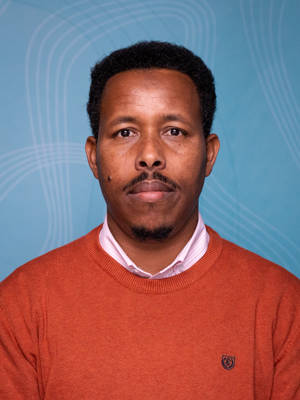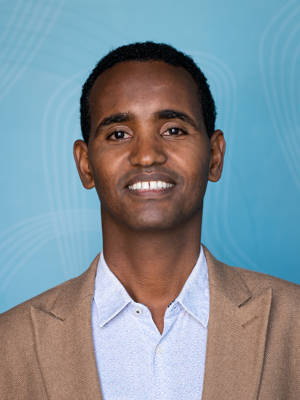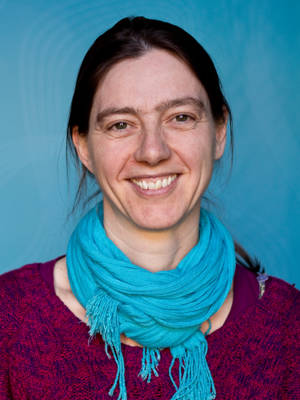How can Somaliland’s democratisation experiences be used to move Somalia to a fully democratic election system?
In February 2021, Somalia’s federal government planned to hold a direct election (one person, one vote) to break with the past indirect election methods. The direct election plan failed due to technical, political and security challenges, including resistance from opposition leaders and several federal member states who felt that holding a free and fair election would be premature. The contestation over the election modality has sparked an armed conflict between the government on one side and the opposition led by two former presidents and a prime minister on the other. This conflict, which went on for a few days, had displaced 100,000 Mogadishu residents and nearly thrown Somalia back into full-fledged civil war. To defuse the tension, the political stakeholders agreed to go back to the indirect elections.
Somaliland transitioned from indirect elections to direct elections (one-person-one-vote) in 2002. Since then, it was able to successfully conduct two house of representative (HoR) elections (2005 and 2021), three local councils (LC) elections (2002, 2012 ,2021) and three presidential elections (2003, 2010, 2017). Indeed, Somaliland has been confronted by similar obstacles to Somalia’s current ones before transitioning to full democracy. Considering the similarities between the two Somali territories, the Somaliland case has valuable experiences to share with Somalia, and this is important for the latter to overcome election-related obstacles and dilemmas in the future.
How can Somaliland’s democratisation experiences be used to move Somalia to a fully democratic election system? Direct election, a key component of democratisation processes. The overall objective of this project is to improve Somalia’s democratisation stakeholders understanding of the processes, experiences, and lessons that Somaliland has learned to transition to direct elections.
- This project is funded by the Norwegian Ministry of Foreign Affairs.








